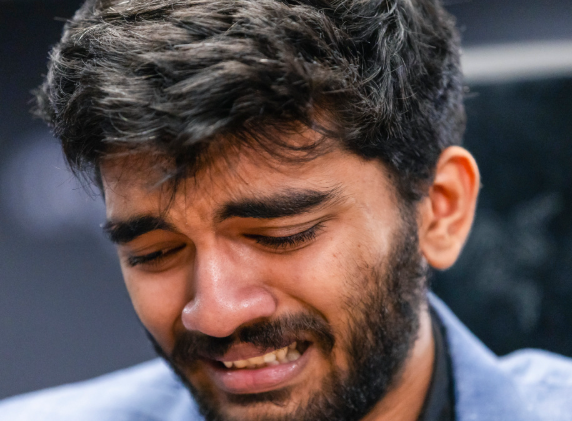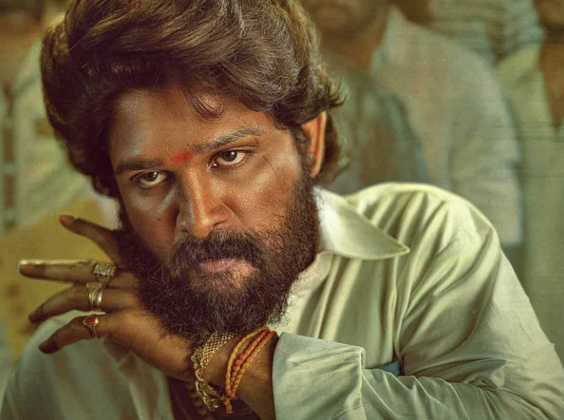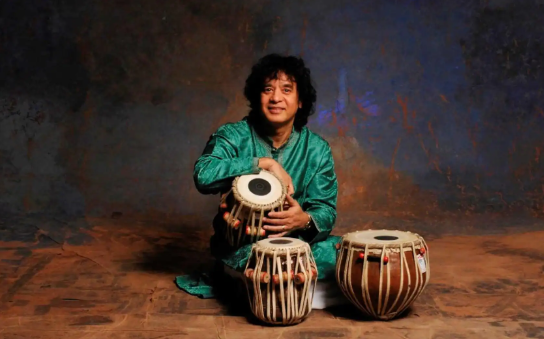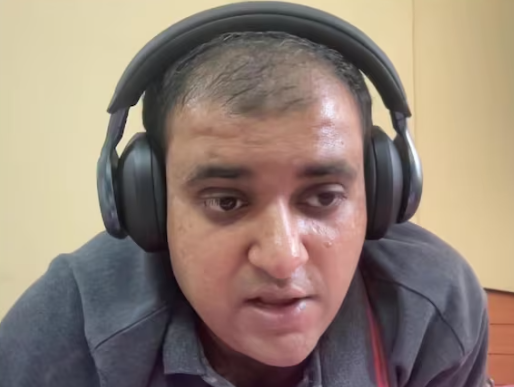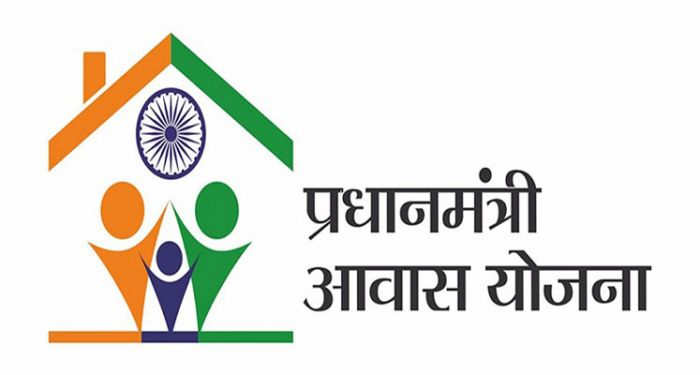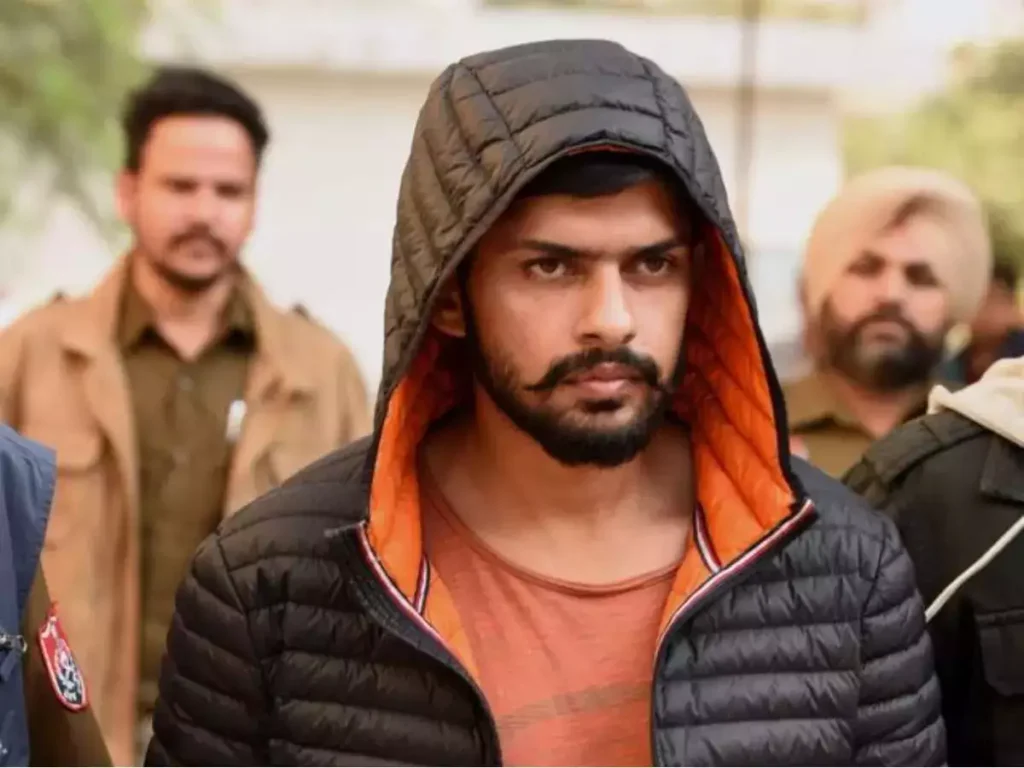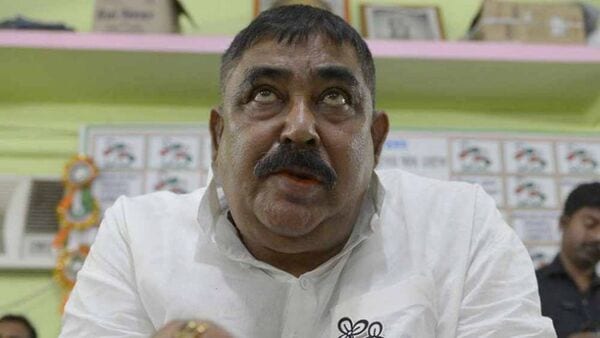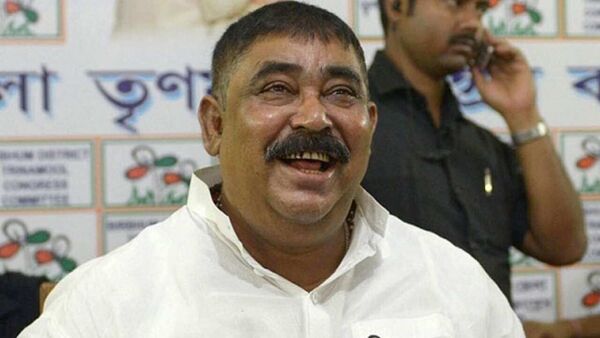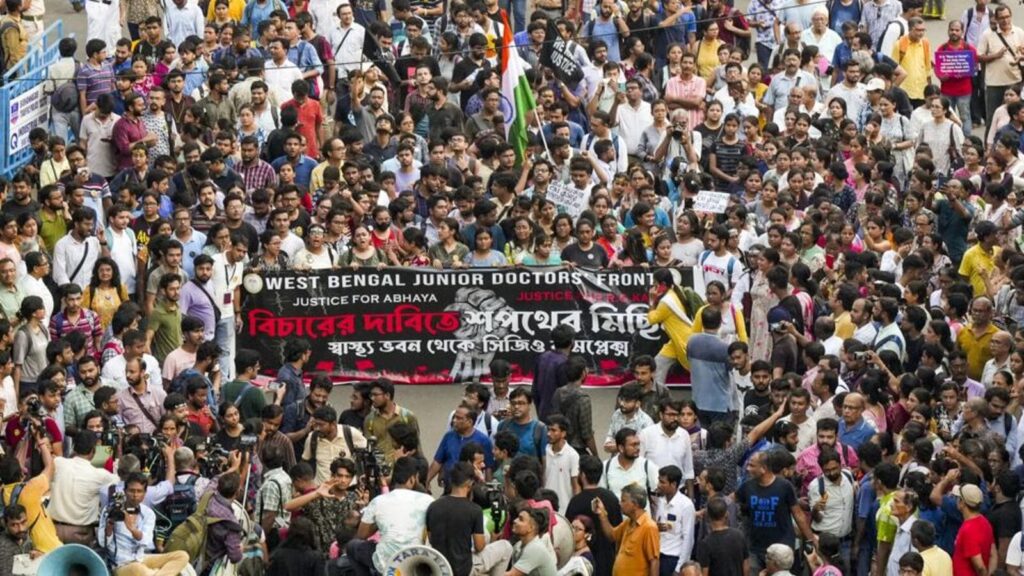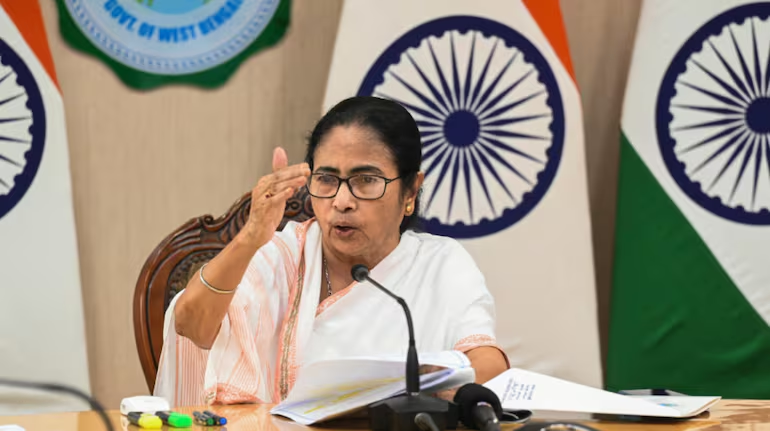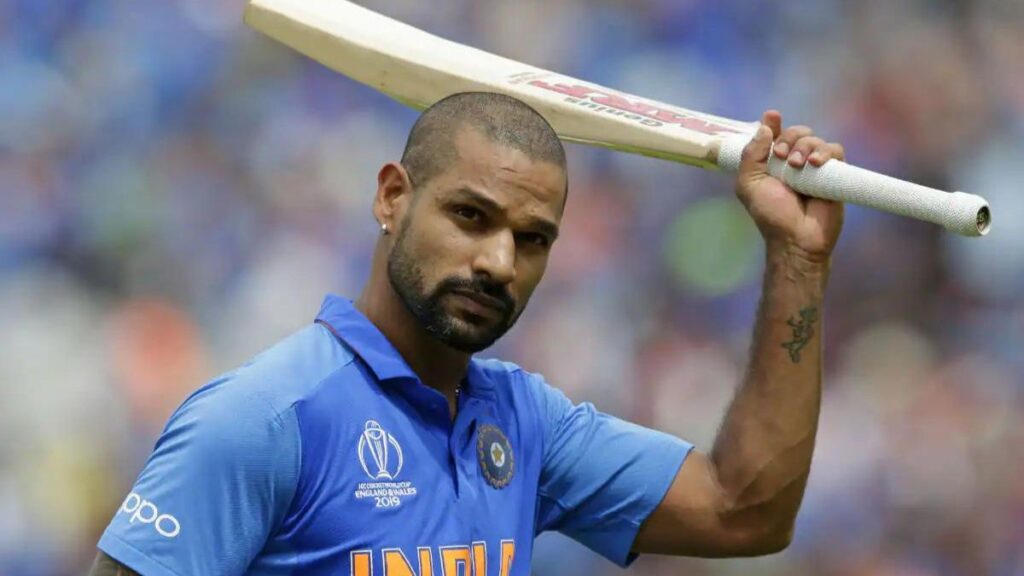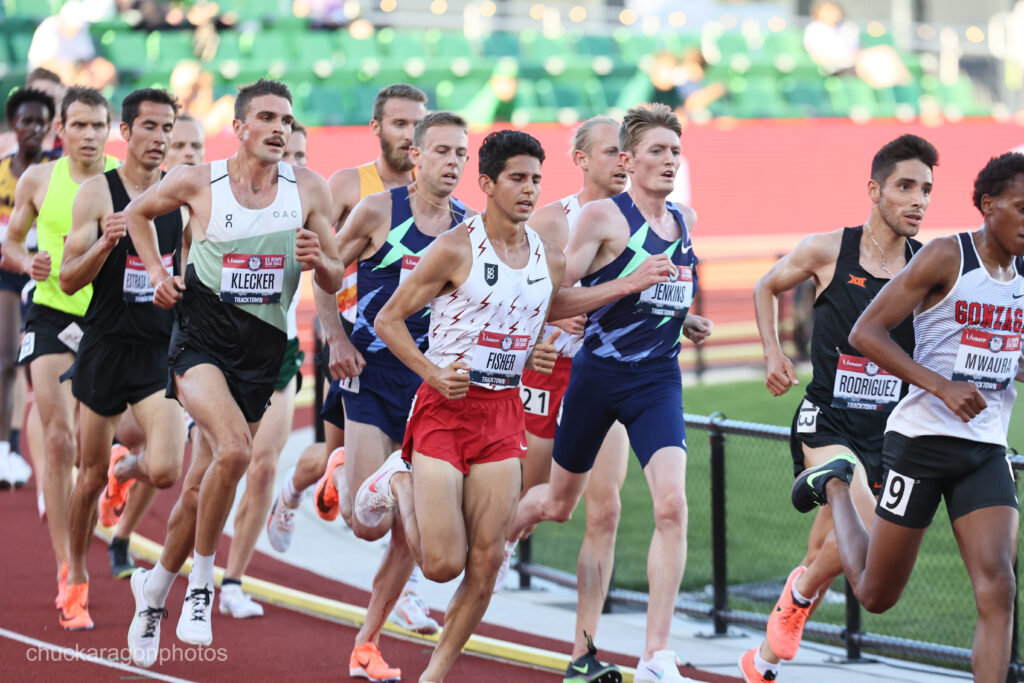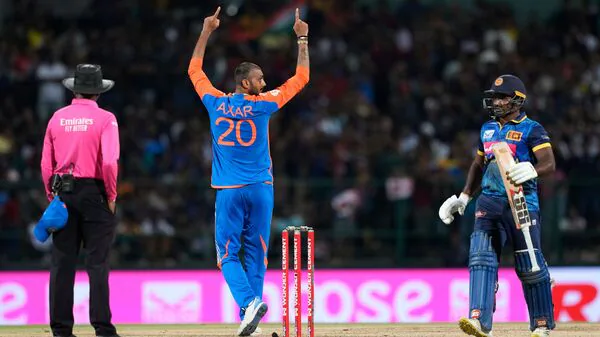Sitaram Yechury: The Accommodative Leader’s Lasting Legacy
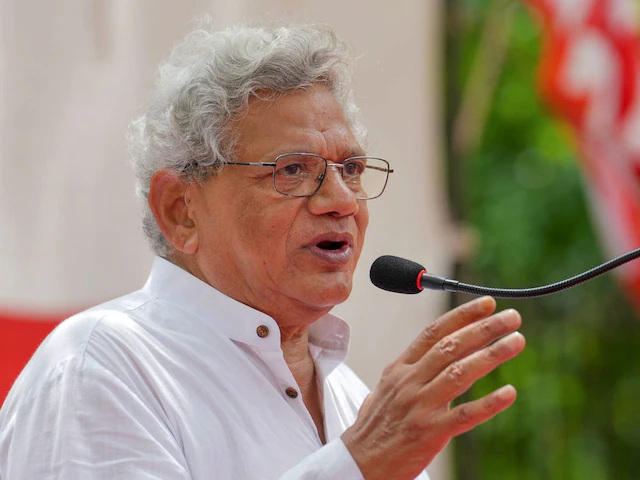
Sitaram Yechury was a towering figure in Indian Left politics and the General Secretary of the Communist Party of India-Marxist, CPI-M, who died on September 12, 2024, after attaining the age of 72 years. By the time of his death, he left behind a beaming legacy marked by unflinching adherence to Marxist principles, an affable nature, and the ability to negotiate the complex political terrain of India with high dexterity. For over five decades, from the student leader to the face of the Indian Left, was the political journey of Yechury.
Born in 1952 in Chennai, Yechury was a bright student and attained all-India first rank in CBSE Class 12 examinations in 1970. He did his graduation in economics at St. Stephen’s College and then attended Jawaharlal Nehru University, where he became a full-fledged political activist. It was at JNU that Yechury met fellow communist leader Prakash Karat, with whom he would join a lifelong partnership that would shape the face of Indian politics for years to come.
Early Political Rise and Student Activism
Yechury first came to prominence during the 1970s while he was leading a student protest in JNU. A well-remembered moment in his life was when, as a young student, Yechury blocked then Prime Minister Indira Gandhi from attending an event at the university and demanded her resignation. This act of bravery overnight made Yechury a sensation in the country, proving his bravery in taking on those in power.
Precisely, the activism in JNU laid the foundation for his rise through the ranks in the CPI(M). He went ahead to become one of the most prominent student leaders of his time-intellectually articulate and committed to Marxist ideology. These traits would be instrumental in transitioning him into the mainstream of politics whereby he would eventually become one of the most recognizable and respected faces of the CPI(M).
Leadership in CPI(M) and National Politics
The rise of Yechuri to the top of the hierarchy in CPI(M) came unanimously when he was elected the general secretary of the party in 2015. That was indeed a very critical period, with steep challenges ahead for the CPI(M) and the Indian Left as their political clout in perceived strongholds such as West Bengal and Tripura was significantly diminishing. Starting with Yechury, the CPI(M) began to try and revive its political relevance, although challenges remained enormous. From being considered a bastion of Left rule for 34 consecutive years, West Bengal saw it rapidly lose its grip, and Tripura, which the CPI(M) had ruled for 25 years, fell to the BJP in 2018.
But notwithstanding such electoral reversals, the political acumen of Yechury and his able alliance-building streak was all too palpable. He played an important role in stitching the pre-poll alliance between CPI-M, Congress, and other opposition parties for the formation of INDIA in 2023. This was historically a directional shift for CPI-M, as for the first time the party forged an official alliance with Congress-a pragmatism smelling of Yechury and belief in opposition unity as the demand of time to challenge the ruling BJP.
The CPI(M) gained a little, having performed averagely in the 2024 national polls, with one parliamentarian from Rajasthan for the first time going into Parliament as a CPI(M). Thus, all these attempts to change with the changed political realities, while trying to keep ideological foundations intact, made up the tenure of Yechury as general secretary.

RELATED: Demise of Buddhadeb Bhattacharjee
A Man of Ideological Flexibility and Political Diplomacy
While Sitaram Yechury was firmly rooted in Marxist ideology, he is known for his accommodative and flexible approach to politics. It was this that marked him out from the more dogmatic leaders of the CPI(M) like Prakash Karat. On many occasions, Yechury had advocated that the Left should support the secular governments and a measure of influencing policy from within was far more important than mere pulling out of support. One of the best examples of such pragmatism was his opposition to the Left’s decision to withdraw support to the Congress-led government over the India-U.S. nuclear deal in 2008.
Certainly, Yechury’s skills in diplomacy were not restricted to the intra-Left house or with opposition parties. The close rapport he evolved with Congress leaders Sonia Gandhi and Rahul Gandhi angered some in the CPI(M) and Congress equally. In any case, his relationships with the above-named leaders showed his ability to rise above party lines in the interest of greater political objectives. His relationships with these leaders, however, showed his ability to transcend party lines in the interest of greater political objectives.
MUST READ: Anil Arora’s Death: Suicide Investigation Underway
Personal Loss and a Fading Left
The latter half-life of Sitaram Yechury was a continuum of personal tragedies. In 2021, his son Ashish succumbed to the COVID-19 pandemic. This caused him much grief and, since then, most people said he was never the same. His death comes at an inopportune moment when the CPI(M) is at the crossroads as it witnesses the diminishing clout it wields on the national scene, with a smattering of lawmakers in the Lok Sabha and Rajya Sabha and zero presence in West Bengal’s Vidhan Parishad.
None of these changes has dented Sitaram Yechury’s reputation as a leader who, while upholding the letter and spirit of Marxism, assiduously argued for political flexibility. From his cerebral inputs to raising the level of debate in Parliament to engaging with ideological adversaries, he was one of the most erudite leaders of his times.
With the death of Sitaram Yechury, an era in the Indian Left has come to a close. The CPI(M) will perhaps struggle to regain its old glory, but Yechury’s legacy as a leader and his efforts to build bridges across the political divide will remain an inspiration for future generations of Left-oriented leadership within India.
ALSO READ: GOAT Box Office: Thalapathy Vijay’s Film Hits ₹300 Crore


